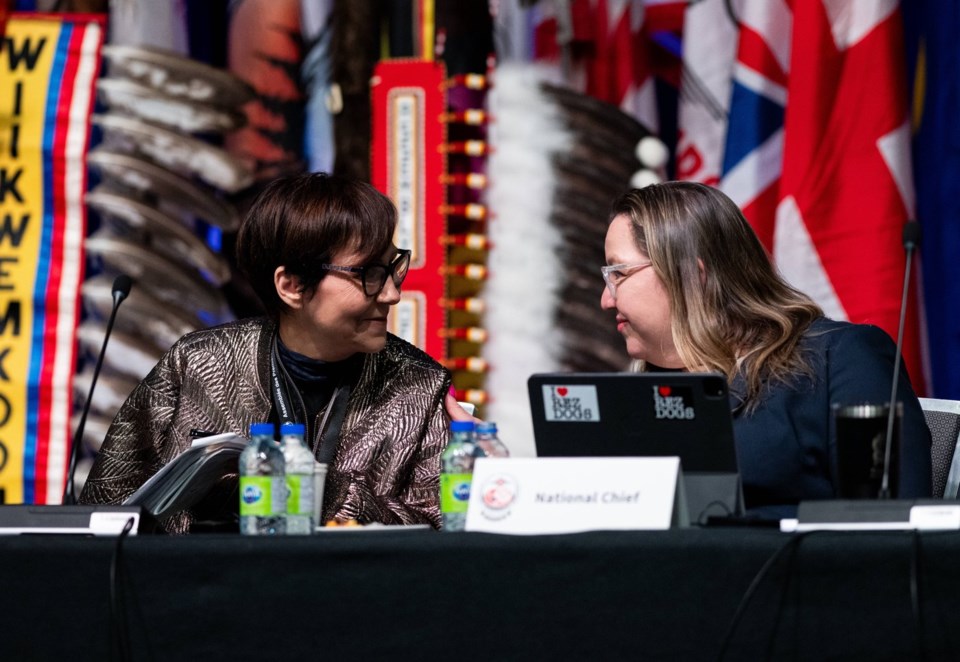OTTAWA — The federal government has told the Canadian Human Rights Tribunal that negotiations with the Assembly of First Nations on reforming the child welfare system are stalled and the AFN's requests are "unreasonable."
In a May 15 filing to the tribunal, Ottawa said it has made "intensive and meaningful efforts" to reform the system since 2016, when the tribunal concluded that the federal government had discriminated against First Nations children by underfunding the on-reserve child welfare system.
But Ottawa told the tribunal those negotiations with the AFN are "no longer working" and there is no "practical utility" to continuing consultations.
"Canada has met its obligations under the Tribunal’s consultation orders, which do not require that Canada consult indefinitely or until the complainants obtain the variable outcomes they seek," the filing says.
Chiefs have twice voted down a federal proposal to reform the child welfare system, saying it didn't go far enough to protect kids from discrimination.
Ottawa says that deal, worth $47.8 billion, went beyond the scope of what was ordered by the tribunal and accuses the AFN and the First Nations Child and Family Caring Society of making "extensive further demands."
Chiefs in Ontario, frustrated with other regions voting down the agreement, reached a deal of their own with Canada earlier this year.
In the filing, Canada says that instead of continuing with "unproductive consultations, it is in the best interests of First Nations children to move forward with implementing long-term reforms, beginning with (Chiefs of Ontario) and (Nishnawbe Aski Nation's) joint motion to approve the Ontario final agreement."
Canada also charged that the First Nations Child and Family Caring Society, which helped launched the initial human rights complaint, imposed "unreasonable conditions on the negotiations" and encouraged First Nations leadership to vote the deal down.
"The Caring Society publicly criticized the very reforms to which it had previously agreed, advocating in favour of their new approach to reform," Canada said in the filing.
"Rather than moving forward to long-term reform, the Caring Society’s approach has brought progress to an impasse due to their fluctuating demands and unwillingness to compromise."
Prime Minister Mark Carney said during the federal election campaign he would work with First Nations to reform the system, adding it's critical to ensuring First Nations children are set up for success.
This report by The Canadian Press was first published May 20, 2025.
Alessia Passafiume, The Canadian Press



